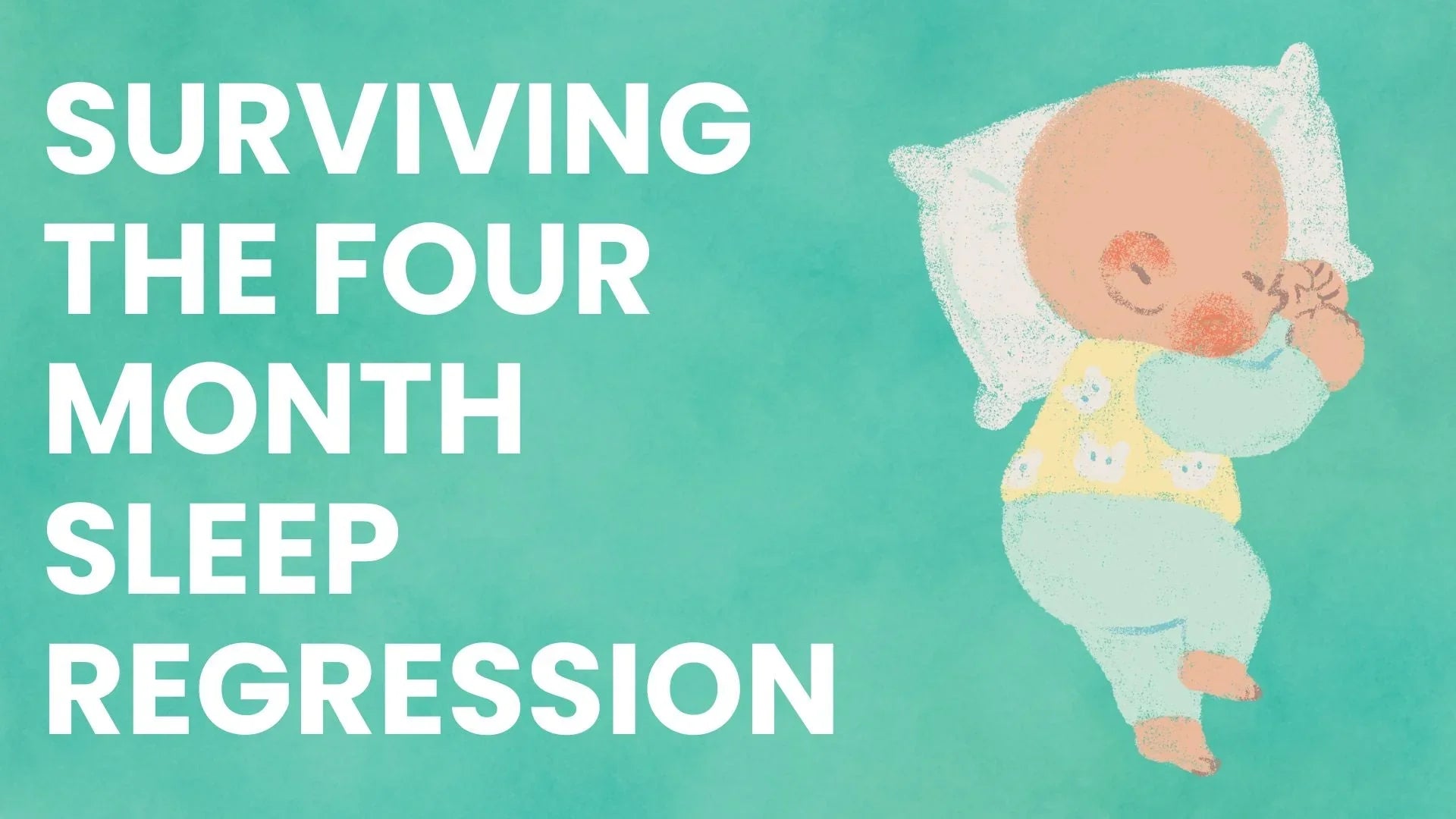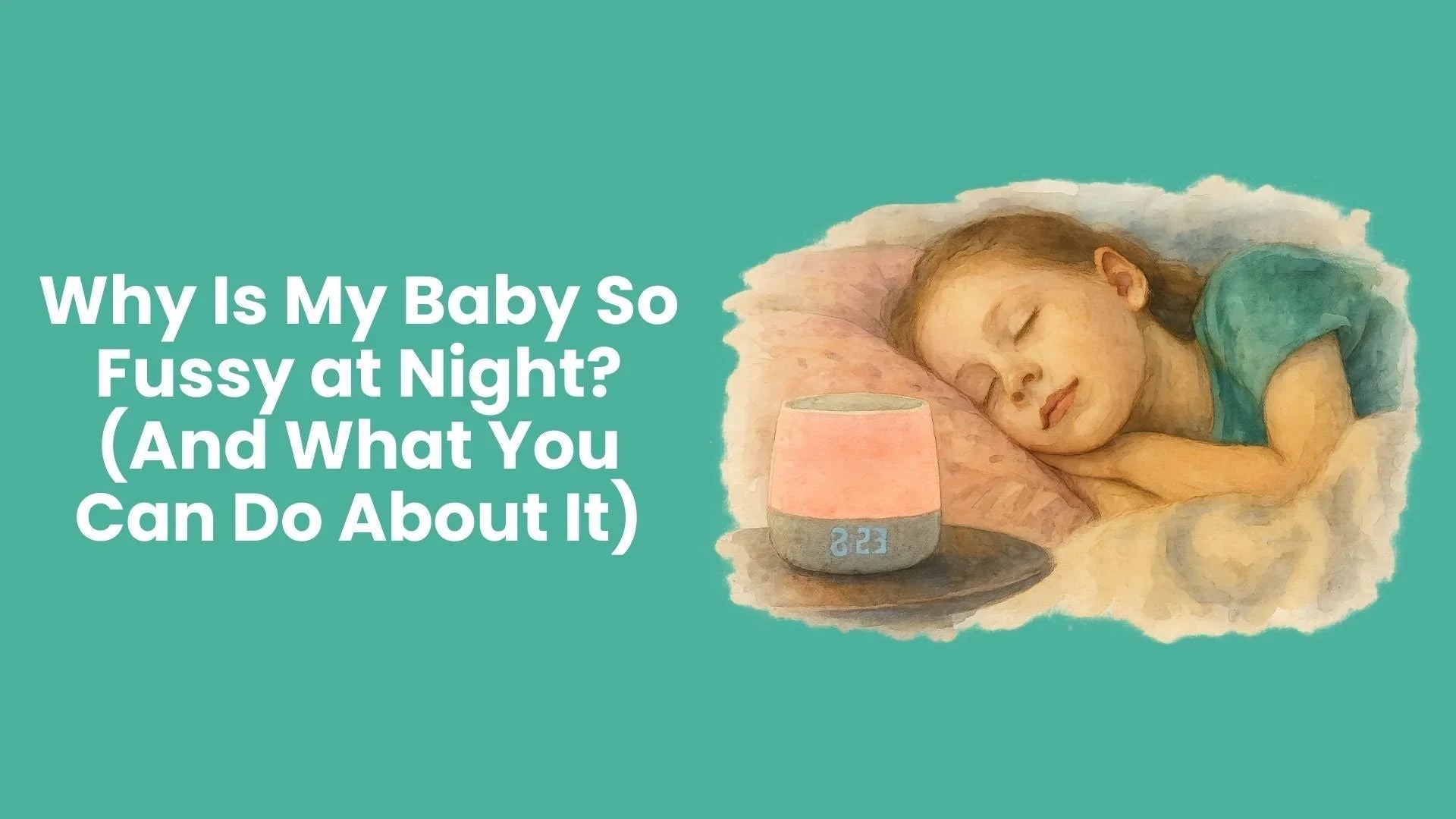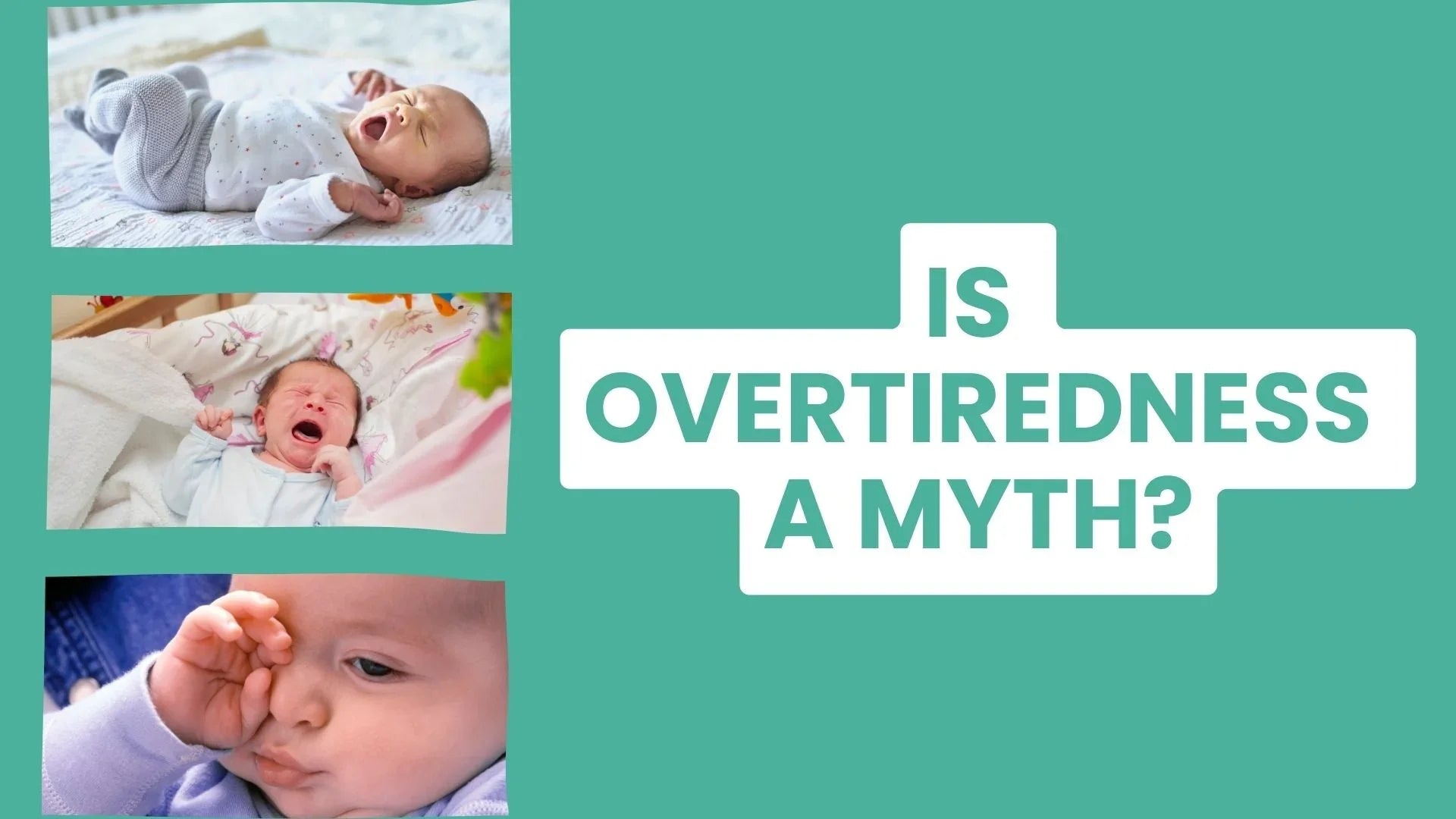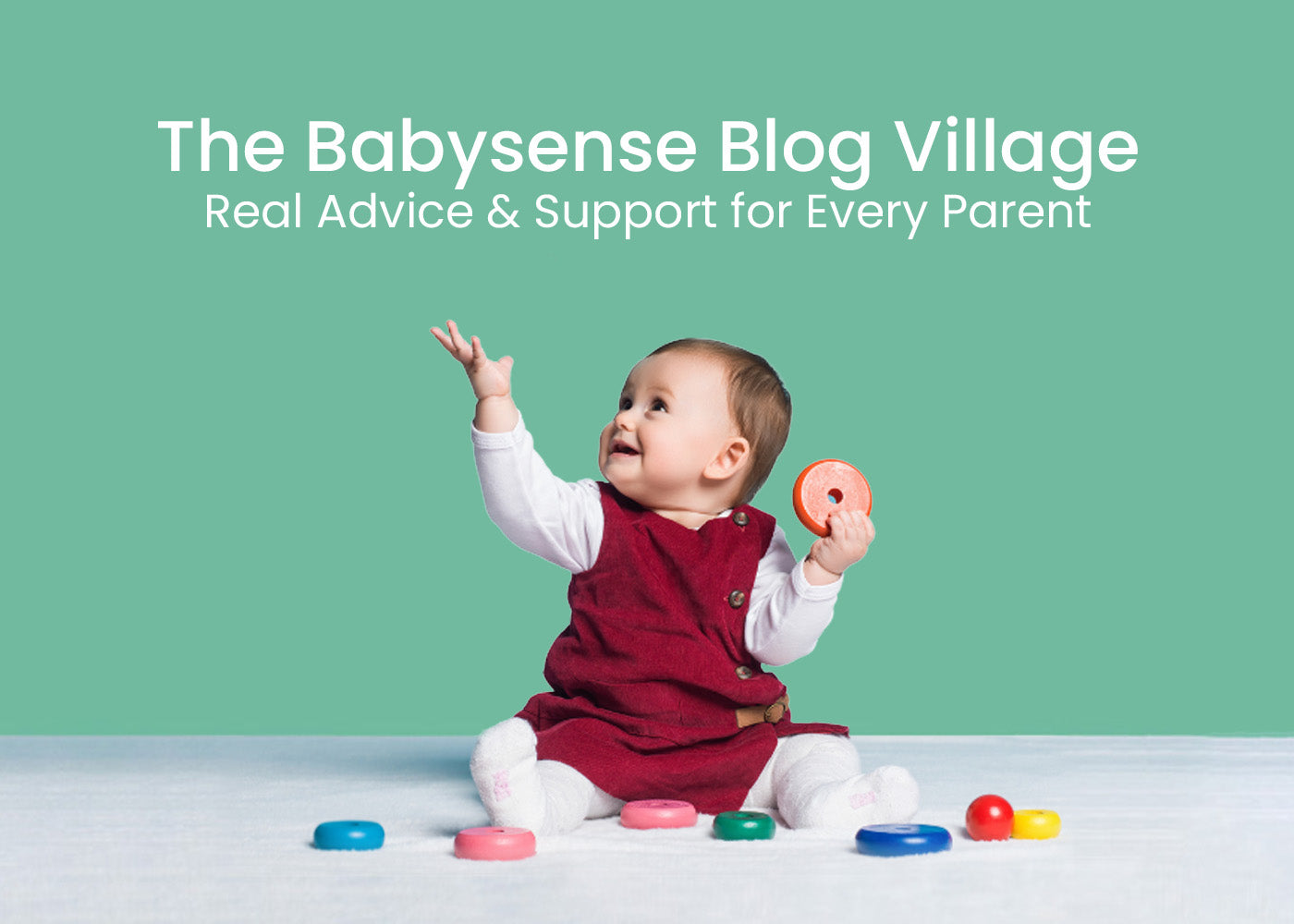
Best Colors to Help Babies Sleep
Discover the best colors to help babies sleep safely and soundly. Learn how calming nursery hues affect rest, mood, and melatonin production.

How to Survive the 4-Month Sleep Regression Without Losing Your Mind
Struggling with the 4-month sleep regression? Learn expert strategies, practical tips, and self-care advice to help your baby (and you!) sleep better tonight.

Why Is My Baby So Fussy at Night? (And What You Can Do About It)
Discover why your baby is so fussy at night and learn gentle, effective ways to soothe them—including help from the Babysense Dreamer 2.0 sleep aid.

Is Overtiredness a Myth? An Exploration into the Impact of Daytime Naps on Nighttime Sleep
Discover the truth about overtiredness and how daytime naps can improve your little one's nighttime sleep.




